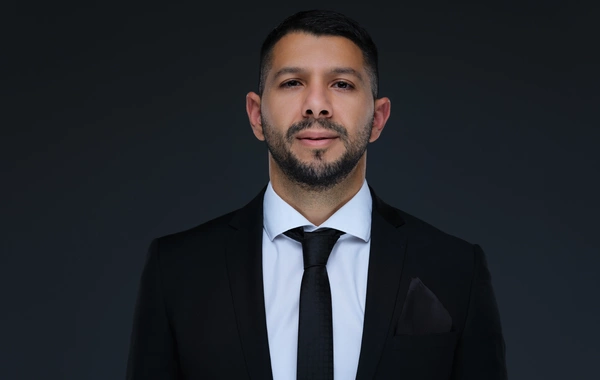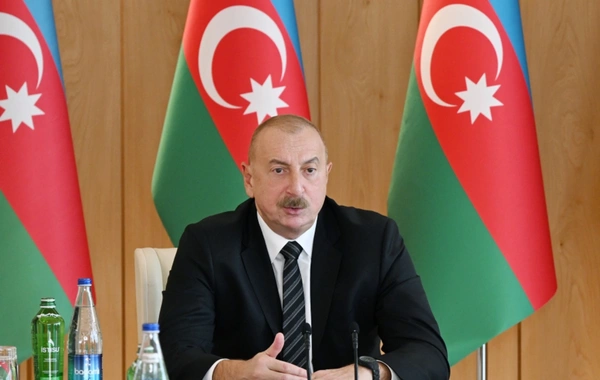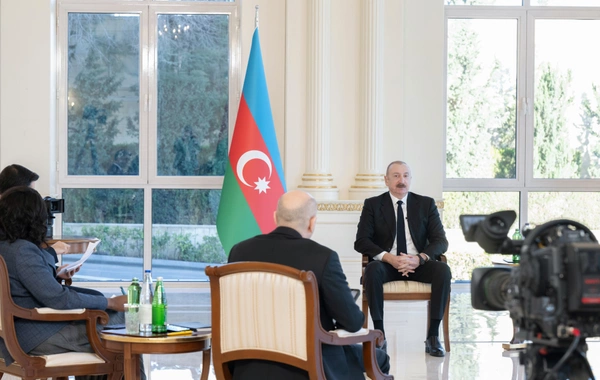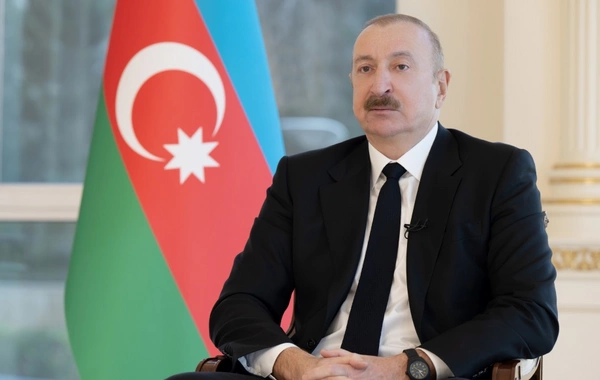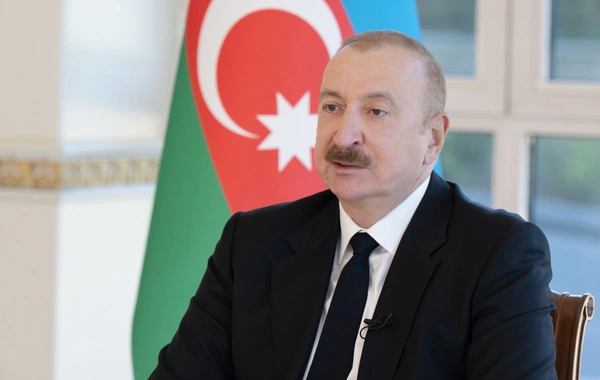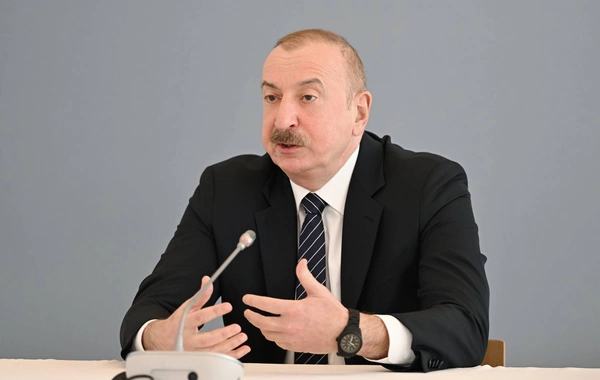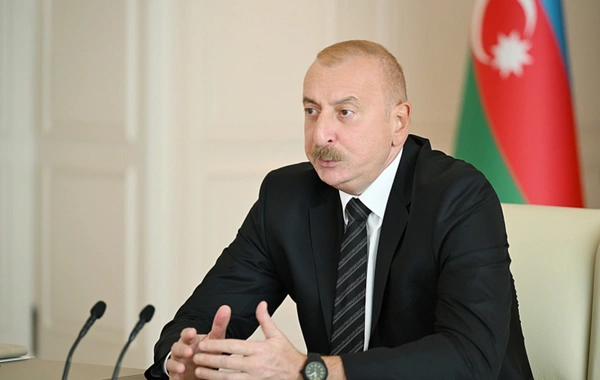Long-distance taxi: why do drivers refuse orders?
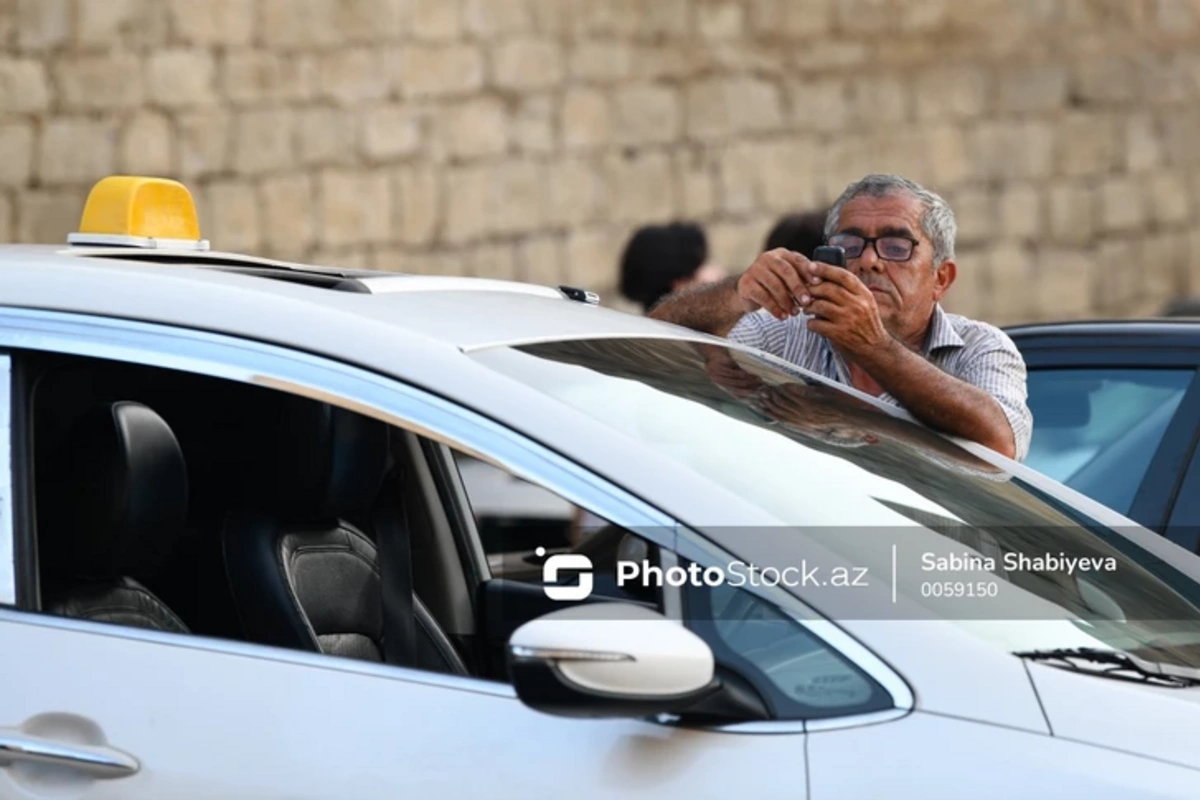
Residents of Baku suburbs increasingly face problems with calling a taxi. Even with successful orders through mobile applications, drivers often cancel trips after learning about the long distance. It has become especially difficult to get from the city center to the settlements. Taxi drivers explain their actions with economic reasons.
"A client makes an order, travels 30-40 kilometers, pays 8-9 manats. When providing private transportation services and traveling the same distance, we charge 17-18 manats. Trips to two addresses have completely exhausted us. We take a client 4 kilometers – it comes out to 3 manats 50 qapiks. They specify two addresses for a round trip or change the address from one to another after ordering. This already amounts to 6-7 manats, but the system shows 4 manats 50 qapiks. It's not profitable for us," complains one of the drivers.
Another taxi driver notes that the reason for refusals is the loss of time.
"Some of us work according to a plan. They are forced to refuse trips to distant places, for example to Khirdalan, where there are traffic jams," he shares.
Transport expert Adil Nabiyev confirms that the main factors are significant time costs and high commissions from taxi aggregators. This pushes drivers to work on short routes in the city center.
"Of course, taxi drivers can be understood. If a driver can complete five 'short' orders in two hours and earn more than from one long trip – the choice is obvious. Companies should create conditions to make long routes attractive: reduce commissions, award bonuses, take traffic jams into account. Then drivers will have motivation," suggests A.Nabiyev.
According to specialists, solving the problem with calling taxis to remote areas requires a systematic approach. It is necessary to revise pricing, improve working conditions for drivers, and ensure transparency of contracts.
More details in the report prepared by Xəzər Xəbər:
Similar News
Development of the travel industry: With the power of passion and digital impact
BAKU.WS presents an interview with the head of "Fahri Travel," Fahri Mamedli: - Fahri, how did your journey in the tourism sector begin? It all started with my...




 Azərbaycanca
Azərbaycanca  По-русски
По-русски  English
English 

